America has gravely undervalued booster shots

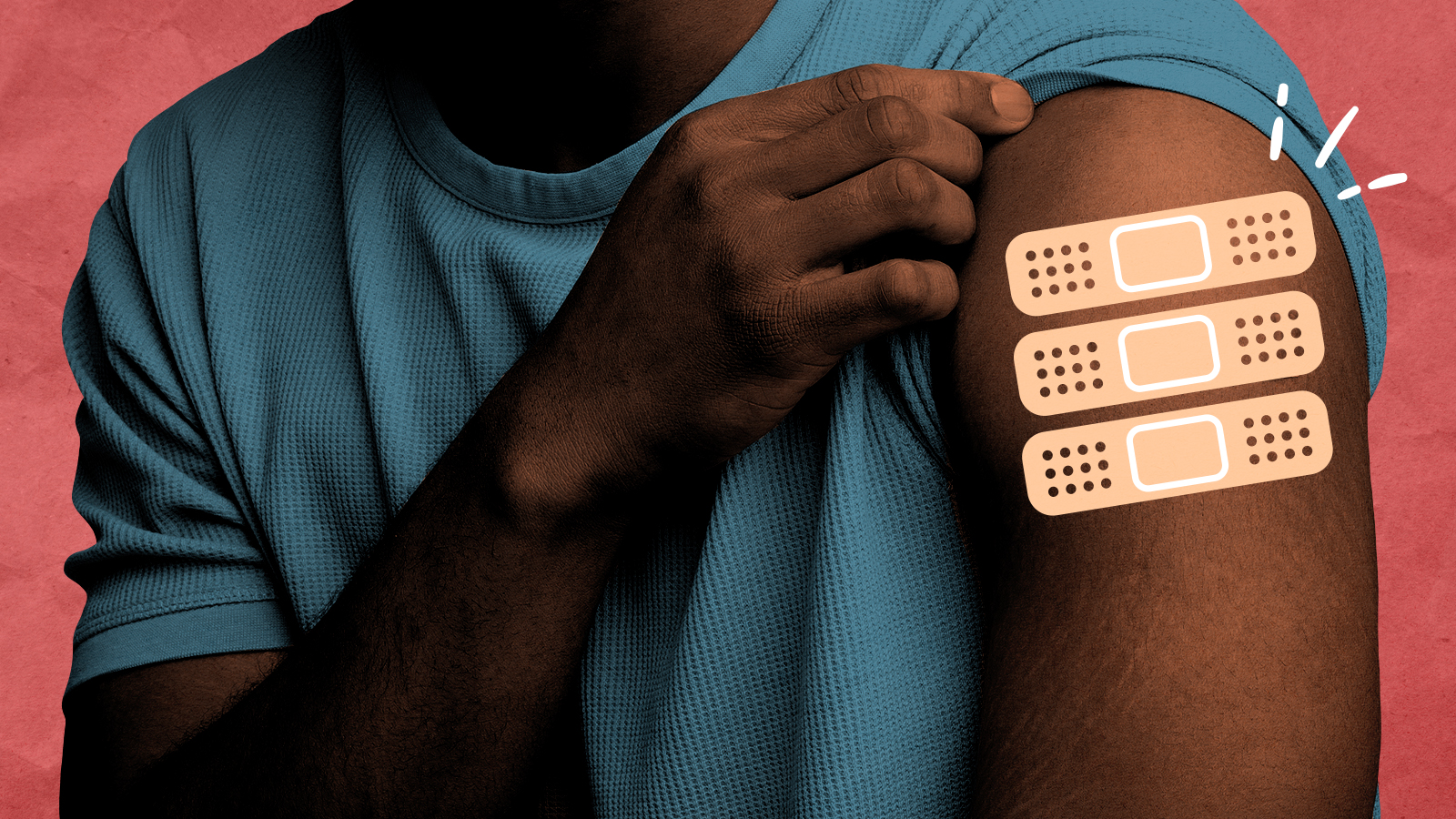
A free daily email with the biggest news stories of the day – and the best features from TheWeek.com
You are now subscribed
Your newsletter sign-up was successful
The Centers for Disease Control recently updated their recommendation for coronavirus booster shots: Now they endorse everyone over the age of 18 getting one, so long as they are at least two months out from a Johnson & Johnson shot or six months out from their second dose of Moderna or Pfizer. The CDC also says that you can mix and match any booster with any previous shot.
The new guidance comes after a prolonged debate among scientists about who exactly should get boosters and when, and as a result, the messaging has been muddled. Only about one in 10 Americans have gotten their boosters so far, apparently thanks to the pervasive belief that additional shots are mostly just a "nice to have" thing that doesn't really matter much one way or another.
But this is wrong. A booster is absolutely vital: It not only reverses the fading of immunity over time, it raises protection against COVID-19 well above that provided by the initial doses. And it's especially important given the approaching wave of the Omicron variant, which may be even more infectious than the Delta version.
The Week
Escape your echo chamber. Get the facts behind the news, plus analysis from multiple perspectives.

Sign up for The Week's Free Newsletters
From our morning news briefing to a weekly Good News Newsletter, get the best of The Week delivered directly to your inbox.
From our morning news briefing to a weekly Good News Newsletter, get the best of The Week delivered directly to your inbox.
A quick study conducted in Israel months ago found that a booster administered five months after the initial series of shots drastically cut the risk of symptomatic infection, hospitalization, and death relative to a two-dose vaccination (which was still much better than no vaccination at all). In practice, Israel found that with widespread booster uptake, they could relax their pandemic control measures with little negative effect.
This has been confirmed in subsequent research. A much larger study in Israel strengthened the initial findings. British researchers likewise found that while after six months, Pfizer protection against symptomatic infection had fallen to only about 75 percent and AstraZeneca to less than 50 percent, a booster took them both up to well over 90 percent — higher than the two-dose peak in either case.
The need for a booster so soon after the initial shot suggests the depressing possibility of vaccination every six months until the end of time. But many scientists suspect this will not be the case. Lots of vaccines are given on a similar staggered three-dose schedule because the immune system responds much more powerfully if it's stimulated with a vaccine several months after a first shot.
Reading between the lines, it appears that many public health officials who quibbled about boosters were motivated by concerns over poor countries not getting a fair amount of vaccine supply rather than the strict science. That's an understandable concern, but as a practical matter, U.S. doses are not going anywhere else, and much of Africa actually is finally getting regular shipments of vaccines. The right thing for Americans to do is get boosted as soon as possible.
A free daily email with the biggest news stories of the day – and the best features from TheWeek.com
Ryan Cooper is a national correspondent at TheWeek.com. His work has appeared in the Washington Monthly, The New Republic, and the Washington Post.
-
 Crisis in Cuba: a ‘golden opportunity’ for Washington?
Crisis in Cuba: a ‘golden opportunity’ for Washington?Talking Point The Trump administration is applying the pressure, and with Latin America swinging to the right, Havana is becoming more ‘politically isolated’
-
 5 thoroughly redacted cartoons about Pam Bondi protecting predators
5 thoroughly redacted cartoons about Pam Bondi protecting predatorsCartoons Artists take on the real victim, types of protection, and more
-
 Palestine Action and the trouble with defining terrorism
Palestine Action and the trouble with defining terrorismIn the Spotlight The issues with proscribing the group ‘became apparent as soon as the police began putting it into practice’
-
 Should we be worried about declining birth rates?
Should we be worried about declining birth rates?Talking Points Baby boom or bust
-
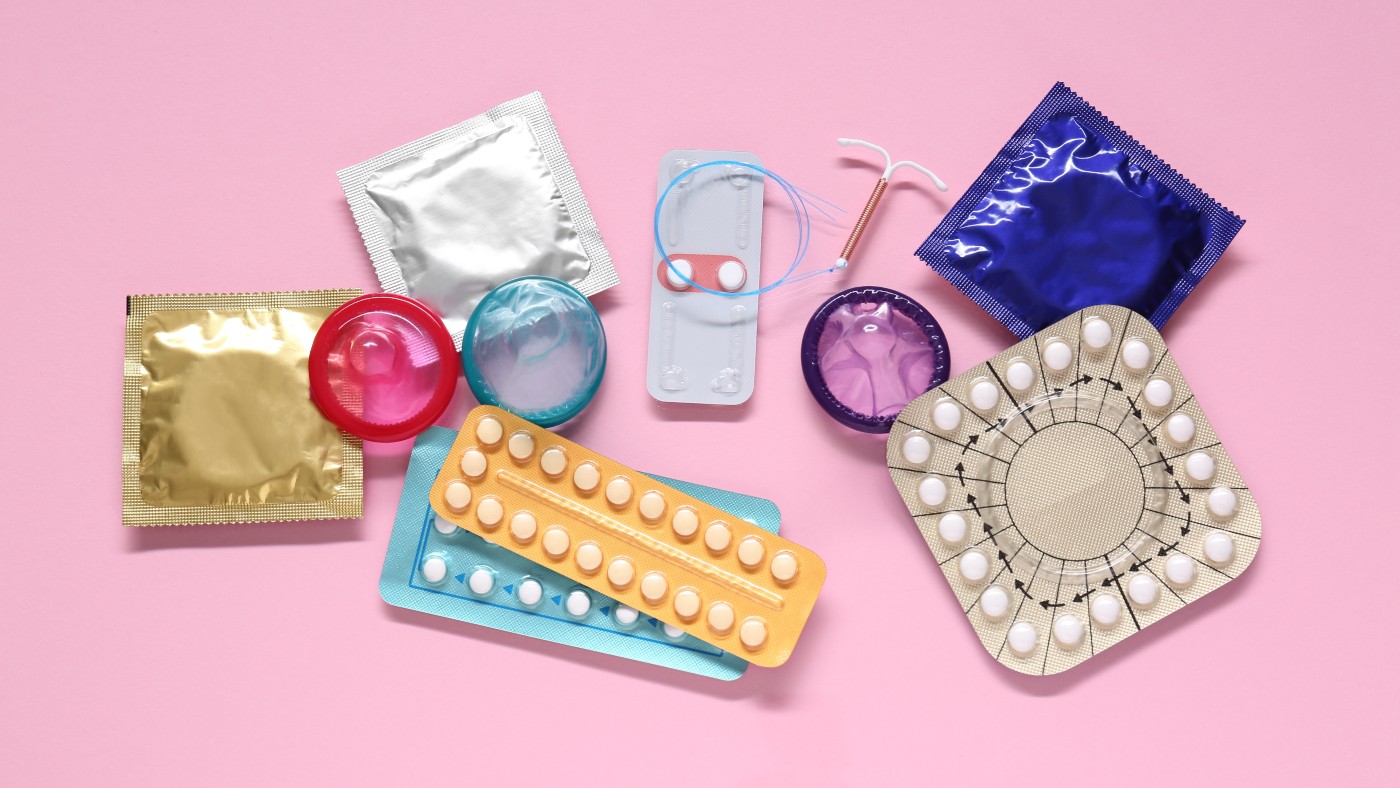 Are men the problem with male contraception?
Are men the problem with male contraception?Talking Points Science could now offer contraceptive gels and pills for men, but questions remain over trials, and men's responsibility
-
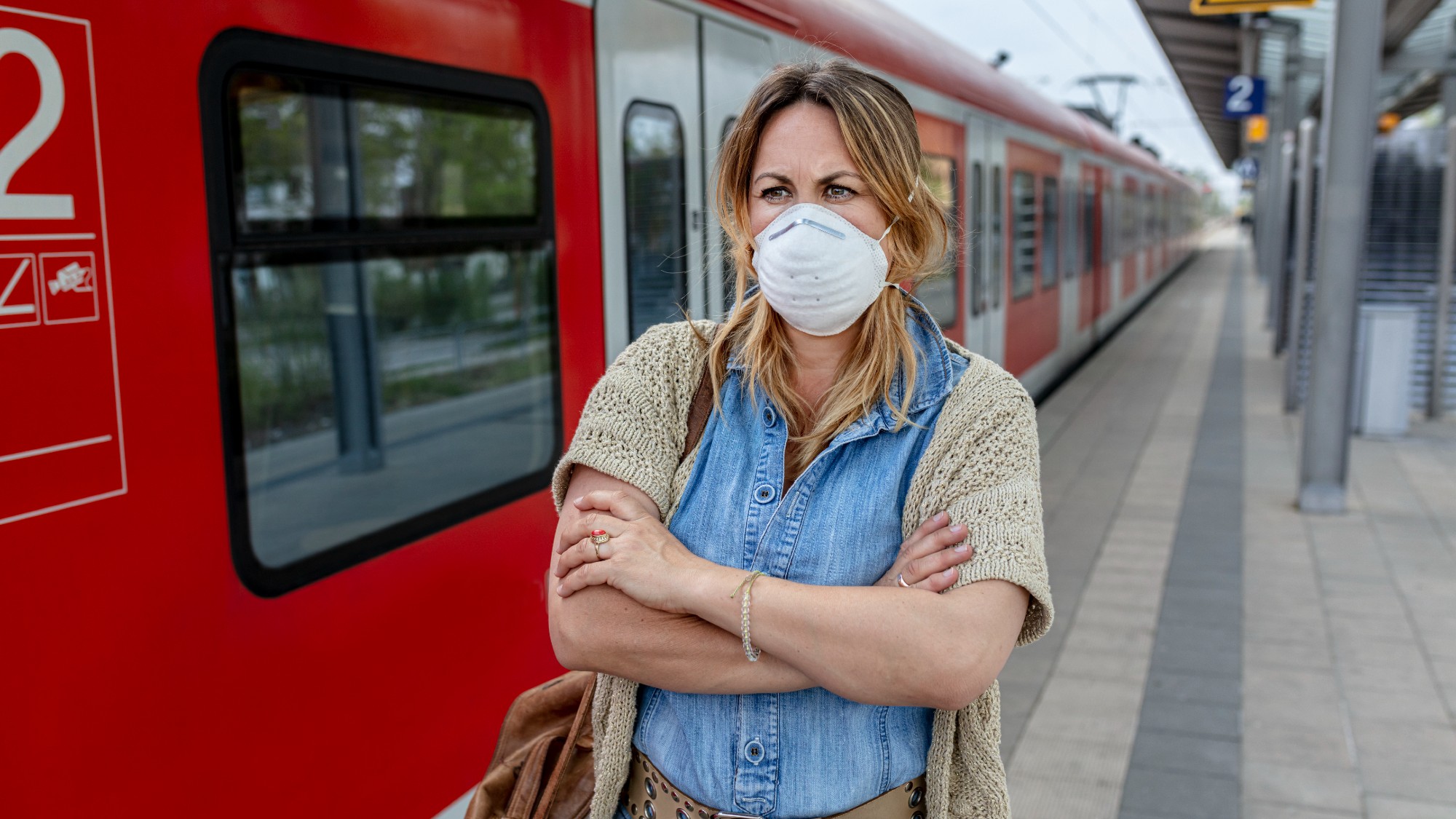 Should masks be here to stay?
Should masks be here to stay?Talking Points New York Governor Kathy Hochul proposed a mask ban. Here's why she wants one — and why it may not make sense.
-
 The bird flu fight is faltering
The bird flu fight is falteringTalking Points Are pandemic lessons going unheeded?
-
 OTC birth control arrives amid the battle over reproductive rights
OTC birth control arrives amid the battle over reproductive rightsTalking Points Opill will cost $19.99 a month. Democrats are pushing to make it cheaper.
-
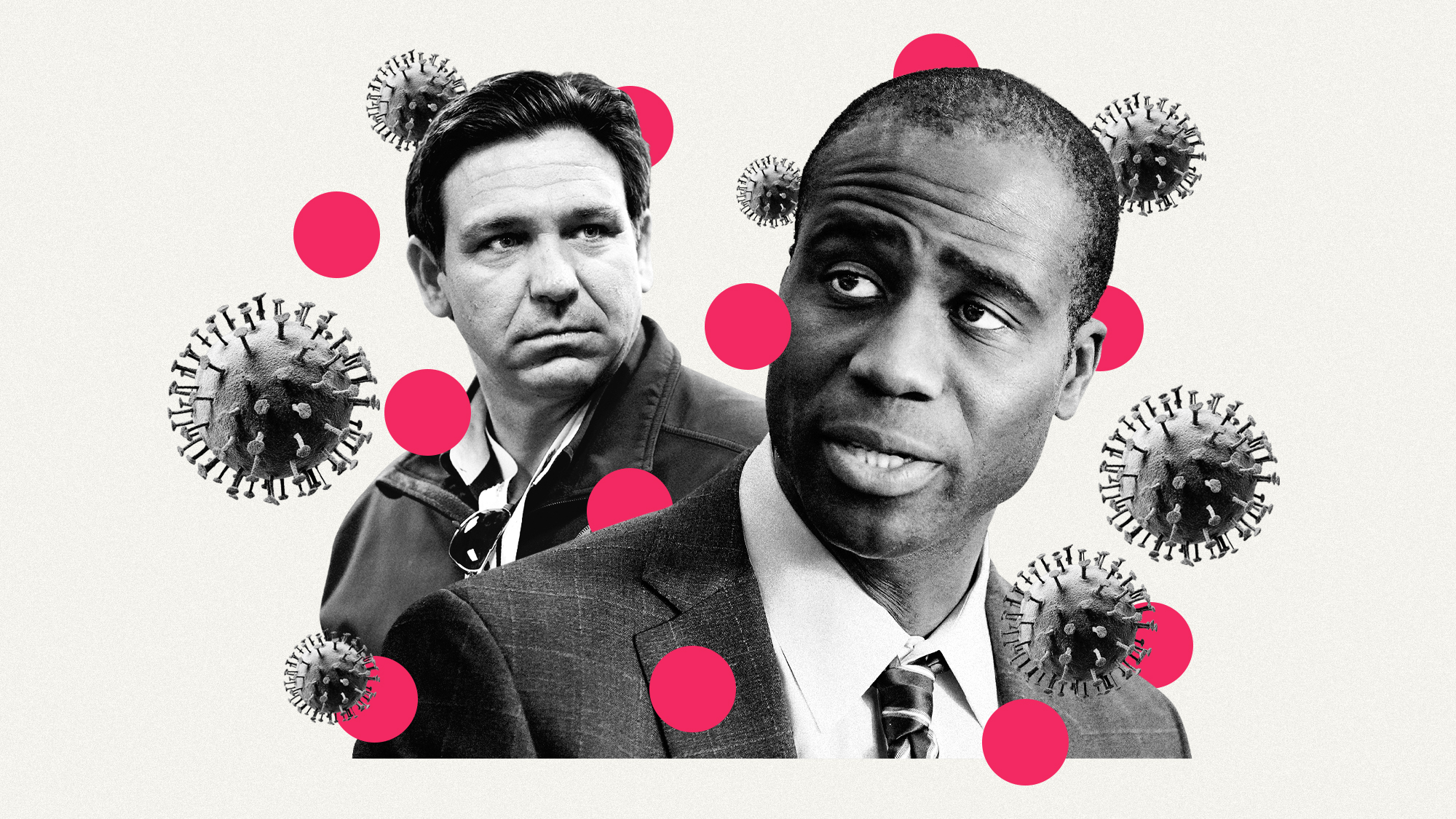 What Florida is — and isn't — doing to curb the biggest measles outbreak in the US
What Florida is — and isn't — doing to curb the biggest measles outbreak in the USTalking Points DeSantis appointee defies expert consensus to stop the spread
-
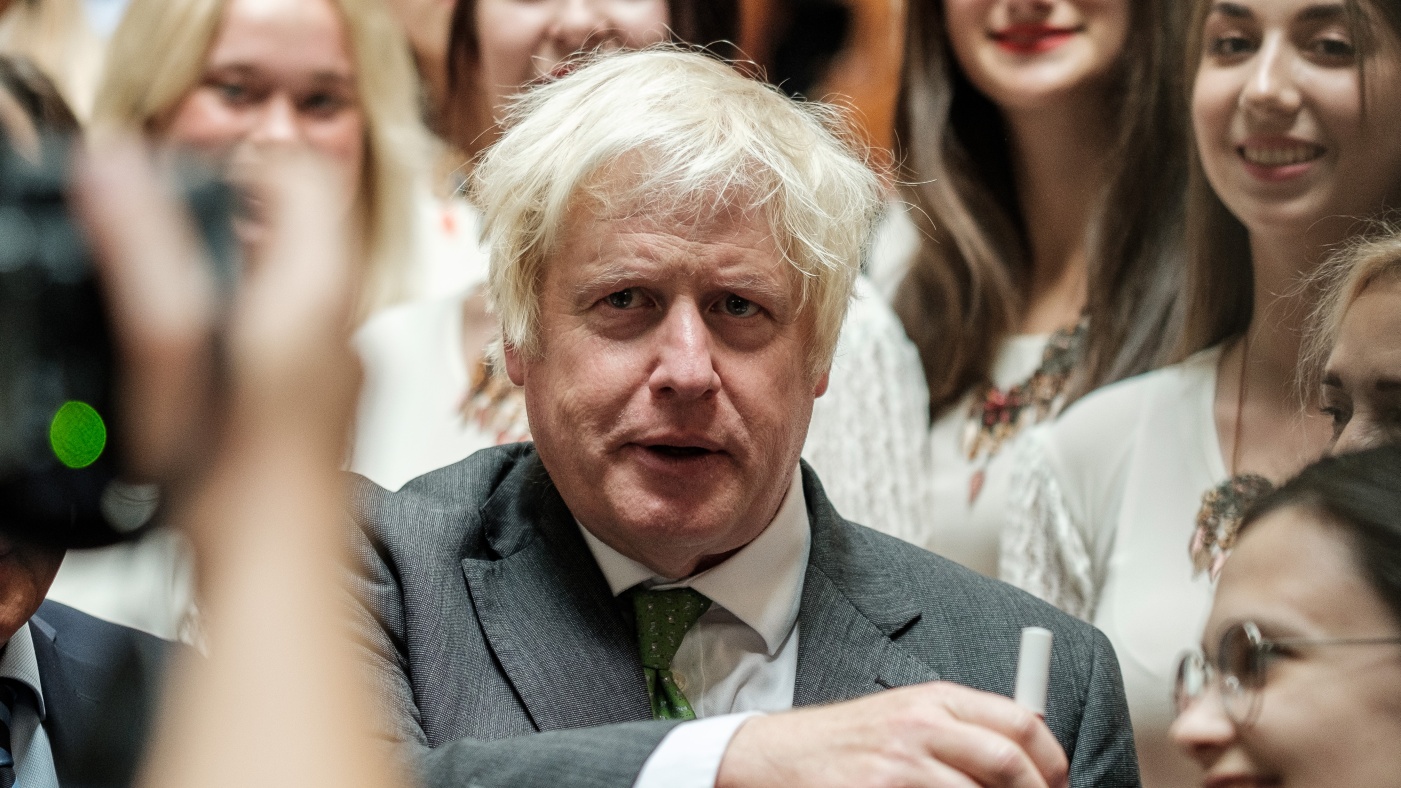 Covid inquiry: the most important questions for Boris Johnson
Covid inquiry: the most important questions for Boris JohnsonTalking Point Former PM has faced weeks of heavy criticism from former colleagues at the public hearing
-
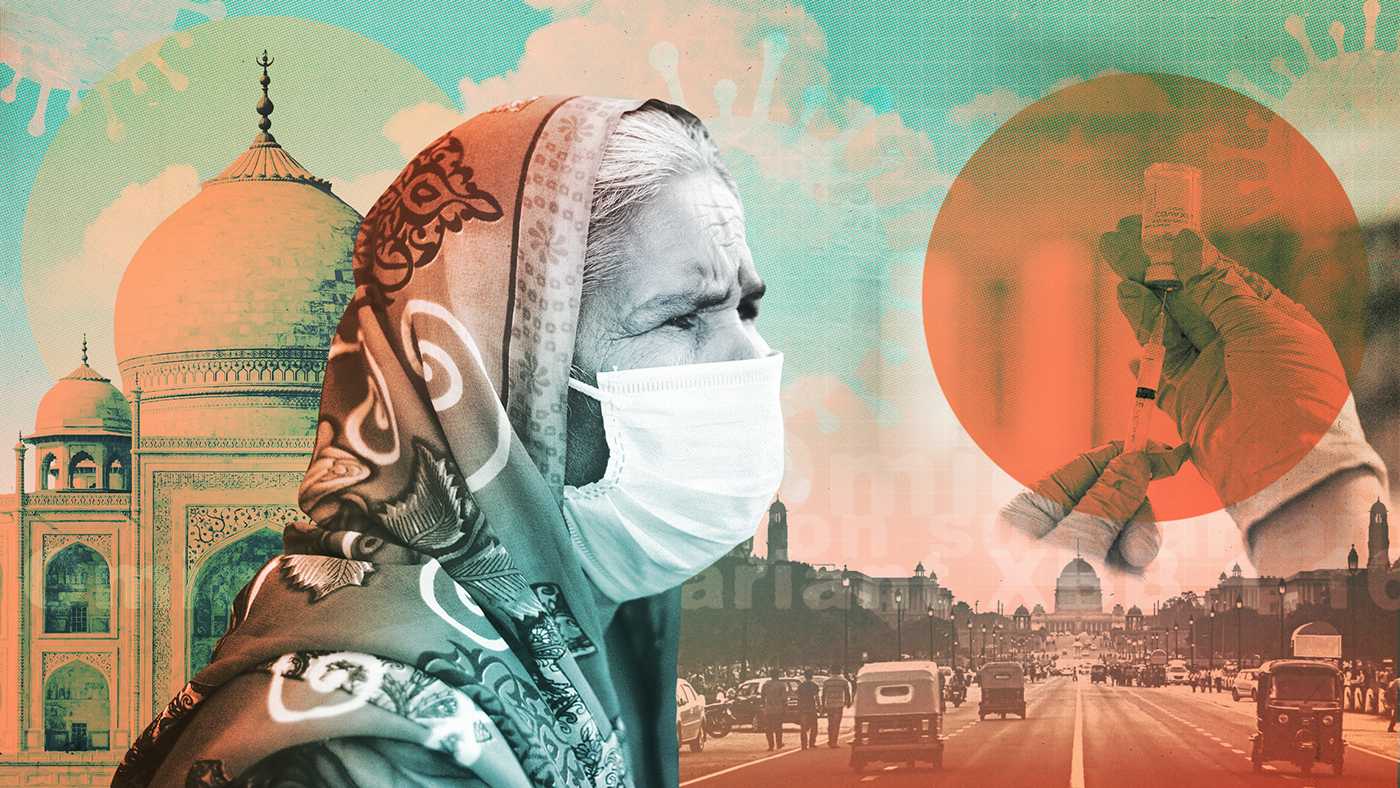 Arcturus: the new Covid variant surging in India
Arcturus: the new Covid variant surging in Indiafeature The highly infectious Omicron subvariant has also been reported in dozens of countries including the UK
